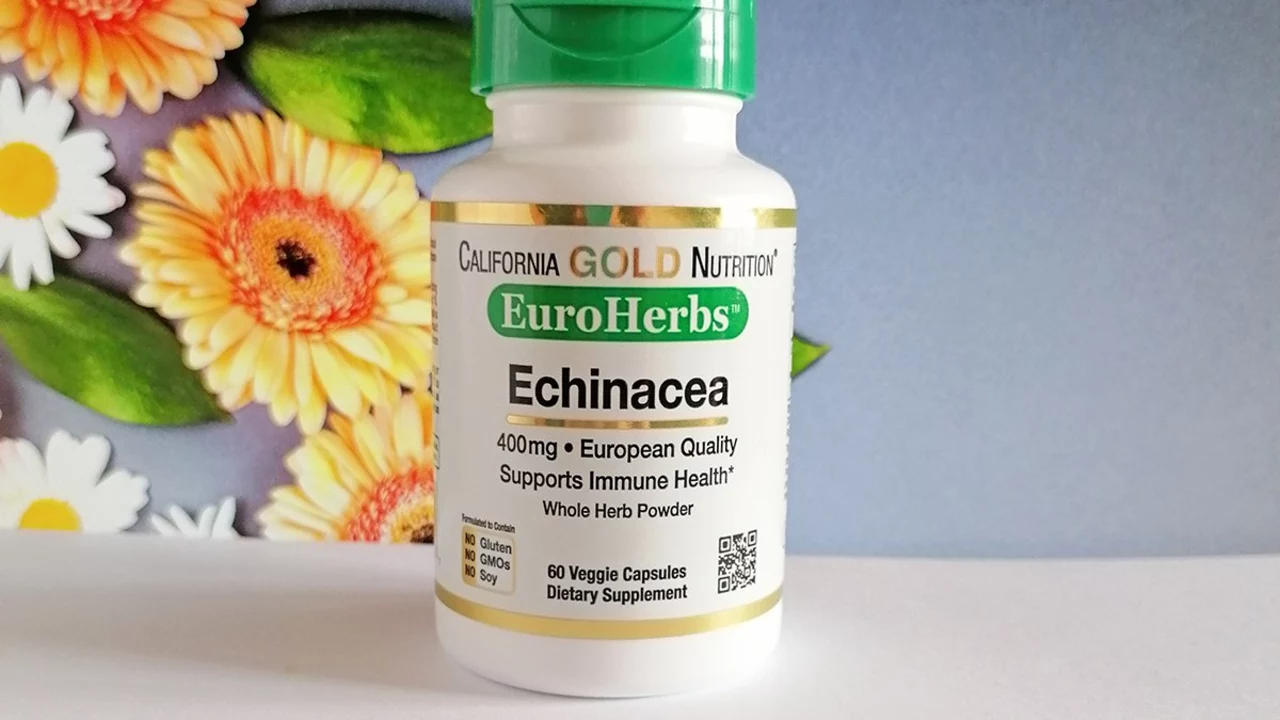Echinacea: Uses, Benefits, Dosage & Safety
Think echinacea is a sure-fire cold cure? Not exactly. People have used it for decades to fight colds and boost immunity, but the truth is a bit messier. This page gives clear, practical info: what echinacea may do, how to use it, typical doses, and who should avoid it.
What echinacea does and what the evidence says
Echinacea is a plant (commonly Echinacea purpurea or E. angustifolia) that contains alkamides, cichoric acid, and polysaccharides. These compounds can affect immune cells in lab tests. Clinical trials, however, show mixed results. A 2014 meta-analysis found a modest reduction in cold duration—roughly about a day—when people started echinacea at the first sign of symptoms. Other trials show no clear benefit. Bottom line: it might help a little when taken right away, but it’s not a guaranteed cure.
People also try echinacea for general immune support or to reduce recurrence of respiratory infections. The strongest, most repeatable effect is small and time-sensitive—start early and don’t expect dramatic results.
How to use echinacea safely
Forms: capsules, tablets, liquid extracts (tinctures), and teas. If you want a reliable product, pick a standardized extract that lists active components or a reputable brand with third-party testing.
Typical doses used in studies: 300–500 mg of a standardized extract, taken 2–3 times daily; or 1–3 mL of tincture 2–3 times daily. For tea, steep 1–2 g of dried herb. Start at the first symptom and use for no more than 7–10 days for a single cold episode. If symptoms worsen or persist, see your healthcare provider.
Side effects are usually mild: stomach upset, nausea, or rash. Serious allergic reactions are rare but possible, especially if you’re allergic to plants in the daisy/ragweed family. Stop use and seek help if you get hives, swelling, or breathing trouble.
Important safety notes: avoid echinacea if you have an autoimmune disease, take immune-suppressing drugs (like after an organ transplant), or are on powerful immunotherapy unless your doctor says it’s OK. There isn’t enough reliable data to confirm safety during pregnancy or breastfeeding, so talk to your clinician first.
Buying tips: choose products with clear labeling, standardized extracts, and third-party seals (USP, NSF, or similar). Check the expiration date and store supplements in a cool, dry place. If a product promises fast, guaranteed cures, be skeptical.
Want to try echinacea? Use it early, expect modest benefit at best, watch for allergies, and talk to your healthcare provider if you have chronic health issues or take immune-related medicines. That way you use it smart, not hopeful.

